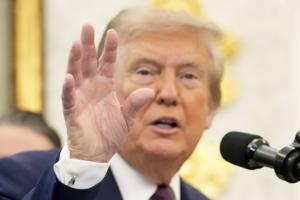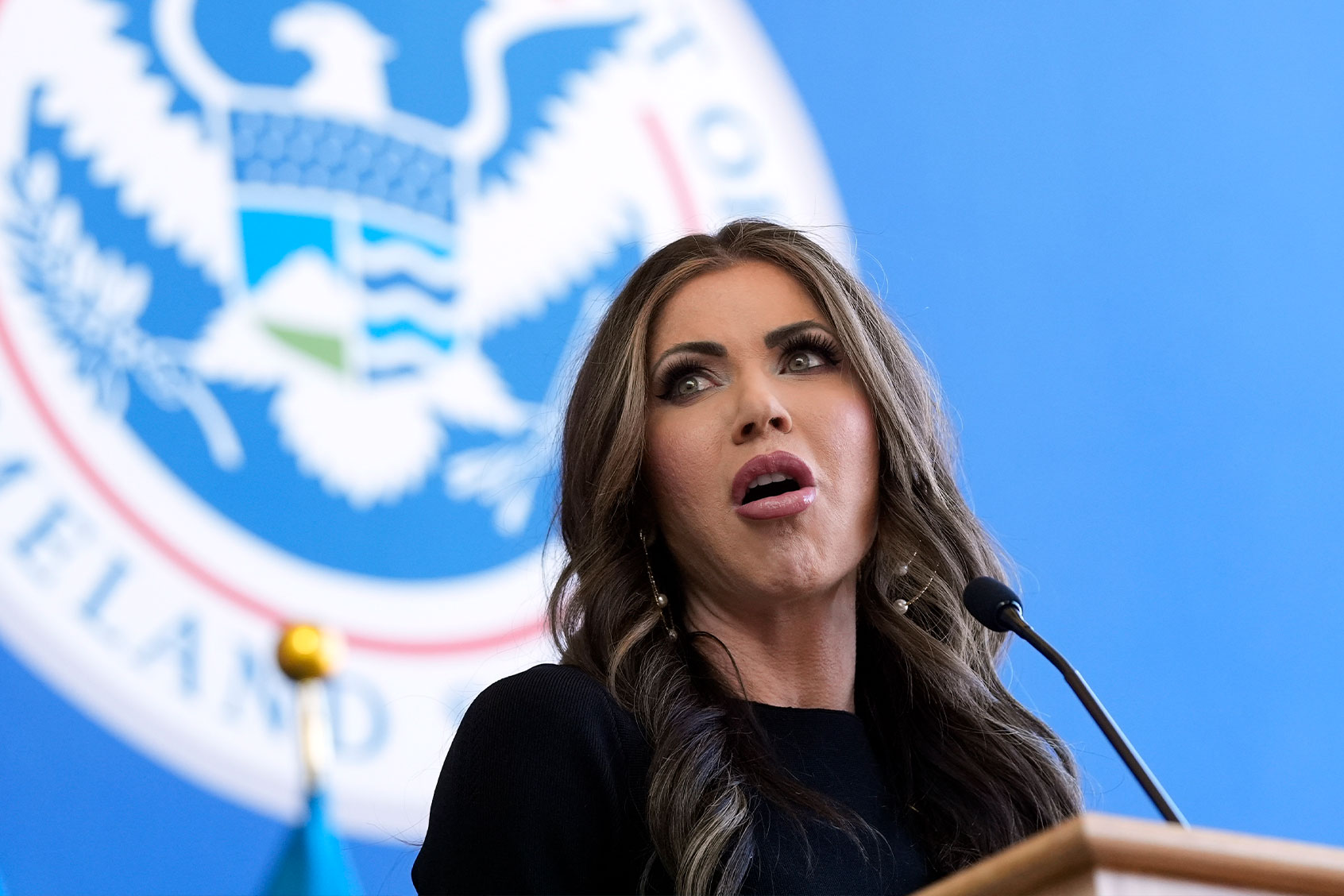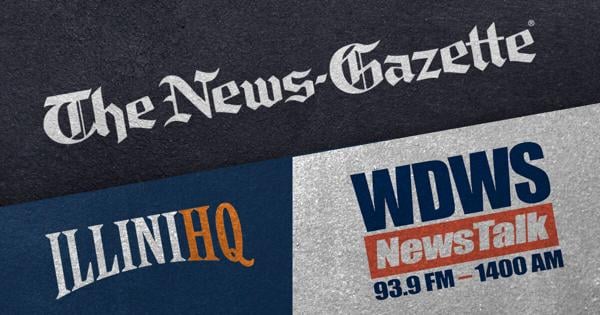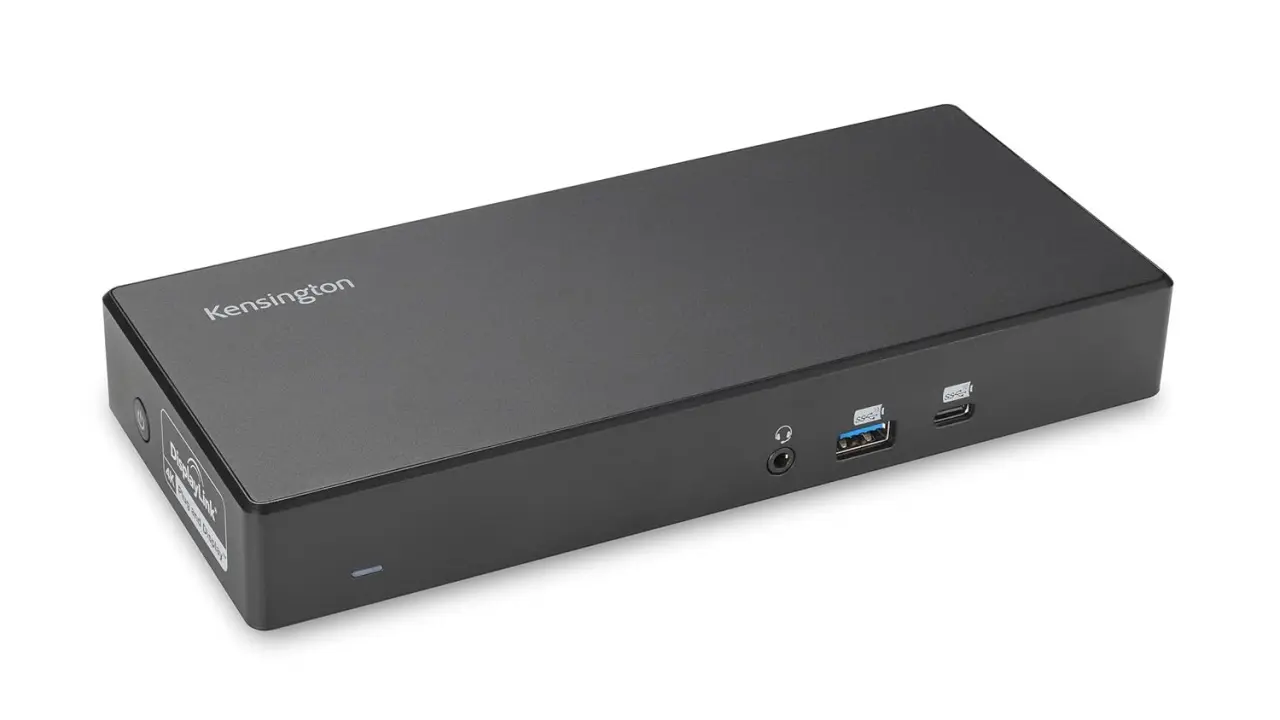
President Donald Trump has suggested that the National Guard may be deployed to New Orleans in response to what he describes as a pressing crime problem. This potential move could expand the federal presence in cities already facing increased law enforcement actions, including Chicago and Baltimore. City leaders have expressed strong opposition, citing a significant reduction in crime rates this year.
During a press briefing, Trump stated, “We are making a determination now, do we go to Chicago? Do we go to a place like New Orleans?” He emphasized that his administration is committed to taking action to combat crime in urban areas. However, the New Orleans Police Department reported that violent crime has decreased by 20% compared to last year, which local officials argue negates the need for federal intervention.
Local Leaders Respond to Federal Troop Proposal
The reaction from New Orleans officials has been swift and critical. City Council President J.P. Morrell condemned the proposal, labeling it as an “unnecessary show of force.” He stated, “Marching troops into New Orleans is an unnecessary show of force in effort to create a solution to a problem that doesn’t exist.” Other city leaders echoed similar sentiments, pointing to the city’s reduced crime statistics as evidence against the need for such measures.
Republican Governor Jeff Landry, however, expressed support for Trump’s suggestion, stating on social media, “We will take President @realDonaldTrump’s help from New Orleans to Shreveport!” His endorsement contrasts sharply with local Democratic leaders, who are concerned about the implications of federal troops in the city.
Despite the differing views, the office of New Orleans Mayor LaToya Cantrell issued a joint statement thanking the federal government for its ongoing support in ensuring public safety. The statement emphasized the importance of federal and state partnerships, especially during major events in the city.
Broader Implications of Federal Law Enforcement Deployments
Trump’s proposal follows his earlier decisions to send federal troops to Washington, D.C., in response to unrest, as well as plans for Chicago and Baltimore. The administration argues that these measures are necessary to enhance security in urban centers, but many city officials see them as overreaching.
In a recent fundraising email, Trump’s political team promoted the idea of federal intervention, stating, “Chicago will be liberated” and urging supporters to contribute to the campaign. The email reflects an ongoing strategy to leverage law enforcement actions as a rallying point for his supporters.
Additionally, the implications of these proposed deployments extend beyond crime rates. The discussions are taking place against a backdrop of heightened political tension, with both local and federal leaders navigating a complex landscape of public safety and civil rights.
As the situation develops, the dialogue between federal and local officials will play a critical role in shaping the future of law enforcement in New Orleans and other cities facing similar challenges. The contrasting perspectives highlight a significant divide in approaches to crime and public safety, one that could have lasting effects on community relations and governance.







